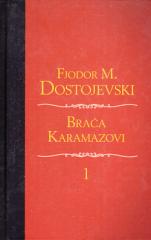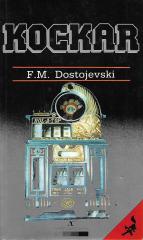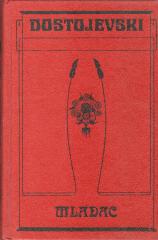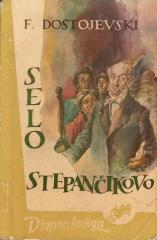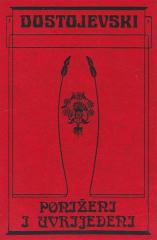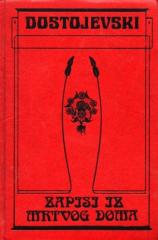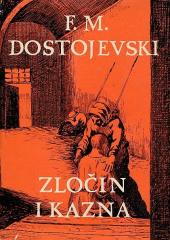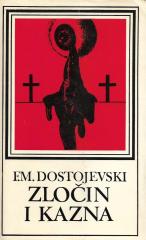Fjodor Mihajlovič Dostojevski
Fyodor Mikhailovich Dostoevsky (1821–1881) was one of the most important Russian writers and thinkers of the 19th century, known for the deep psychological analysis of characters and the philosophical themes in his works. He was born in Moscow and educated at the Military Engineering Academy in Saint Petersburg. He gained recognition with his first novel, Poor Folk (1846), but was soon arrested for his participation in the Petrashevsky Circle, a group of intellectuals who criticized the tsarist regime.
After being pardoned at the last moment from death row, he spent four years in a Siberian prison, which had a profound influence on his later writing. His best-known works include Crime and Punishment, The Idiot, Evil Souls, and The Brothers Karamazov. In these novels, he explores morality, faith, free will, sin, and redemption through strong and complex characters.
Dostoevsky was also active as a journalist and essayist, and struggled with personal problems such as epilepsy, gambling addiction, and financial difficulties. His contribution to world literature is reflected in his strong influence on existentialist philosophy and modern psychology.
He died in 1881 in Saint Petersburg, and his works remain indispensable in the world's literary heritage today.
Titles in our offer
Braća Karamazovi
The Brothers Karamazov is the last novel of the Russian genius Fyodor Mikhailovich Dostoyevsky, which he completed less than three months before his death.
Kockar
The novel "The Gambler" (1866) occupies an exceptional place in Dostoevsky's work. Although the idea for this novel supposedly matured for a full three years, Dostoevsky dictated it almost in his breath, in just twenty-seven days.
Mladac
The Young Man (1875) by Fyodor Dostoevsky is a complex novel about coming of age, moral struggles, and social conflicts in 19th-century Russia. The novel, although less well-known, is a powerful portrayal of internal struggle and social tensions, with an
Poniženi i uvređeni
The first great novel in which Dostoevsky began to explore some themes or characters that he would develop in his later works.
Selo Stepančikovo
"The Village of Stepanchikovo" is a humorous novel by Dostoyevsky, first published in 1859. This novel, which differs from the later, darker works of the author, is a satirical critique of social relations and human weaknesses.
Ujakov san / Poniženi i uvrijeđeni
Both works reflect Dostoevsky's early phase, with a focus on social criticism, psychological analysis and moral dilemmas, foreshadowing the themes of his later masterpieces.
Zapisi iz mrtvog doma / Zimske bilješke o ljetnim dojmovima / Zapisi iz podzemlja
Notes from a Dead Home (1860-1862) - a novel based on the author's imprisonment in Siberia. Winter Notes on Summer Impressions (1863) - an essay from a trip to Europe in 1862. Notes from the Underworld (1864) is a philosophical novel about a man torn by i
Zločin i kazna
A masterpiece of Russian realism and psychological novel, Crime and Punishment (1866), masterfully translated by Isa Velikanović, is a profound story of guilt, redemption, and the search for meaning in a world full of suffering, where every soul carries i
Zločin i kazna
Crime and Punishment (1866), a masterpiece by F. M. Dostoevsky, a Russian genius of profound soul, exploring the limits of evil and redemption. With an afterword by Alexander Flaker.
